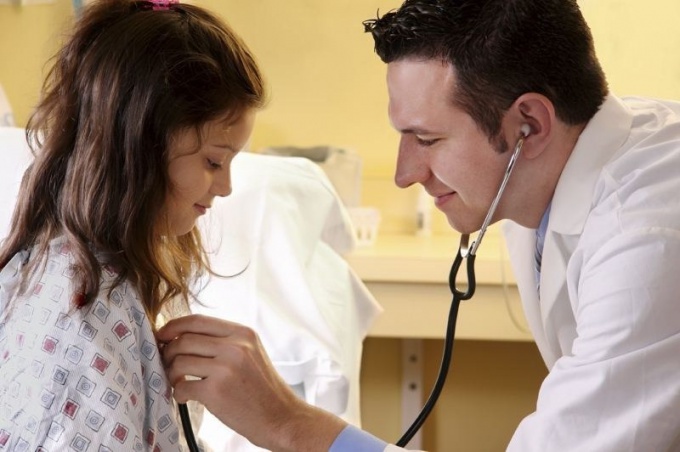Instruction
1
The pneumonia is viral or bacterial. In the first case, it pathogens are disease-causing viruses. Bacterial pneumonia cause pathogenic fungi, Mycoplasma, chlamydia, protozoa. Pneumonia is not contagious, but this does not mean that we should not fear to contact with patients.
2
The transmission of viruses causing pneumonia are airborne. While pneumonia can develop only if a healthy person is weakened immune system, he feels stress, overwork. Cause pneumonia can and hypothermia. Thus, infection with viral pneumonia occurs on the background of weakening of protective forces of the organism and exposure to pathogenic viruses.
3
A man with a stable immune system after contact with patients with pneumonia, as a rule, falls ill or transfers the common cold. In order to protect themselves, should, if possible, during epidemics of colds to avoid staying in crowded places. If someone got sick from family members, care should be taken to use individual Cutlery.
4
Bacterial pneumonia is not contagious, even indirectly. The infection occurs due to the penetration of pathogenic microorganisms into the lungs. They grow quickly, with the result that formed the focus of inflammation. Pathogenic microbes can enter the human body after talking with their carriers, and after contact with contaminated surfaces.
5
In the same way as in the case of viral pneumonia, bacterial pneumonia a person can get infected only if his body is relaxed, supercooled. After a long stay in the cold all protective functions are weakened, the harmful bacteria that exist everywhere, penetrate the Airways and cause inflammation.
6
The best prevention of pneumonia is proper nutrition, proper rest, timely treatment of colds, careful attitude to own health. In the cold season in any case can not be supercooled to breathe through the mouth in the cold. Upon detection of the first symptoms of the disease should immediately consult a doctor.
Note
The main symptoms of pneumonia include coughing, fever, fever, shortness of breath. As a rule, this disease requires hospitalization.
Useful advice
Pneumonia dangerous complications. It is therefore very important to identify its pathogen and begin treatment. To set the type of virus or the type of microorganism causing illness that can only be a doctor after taking the to analyze all required samples.
